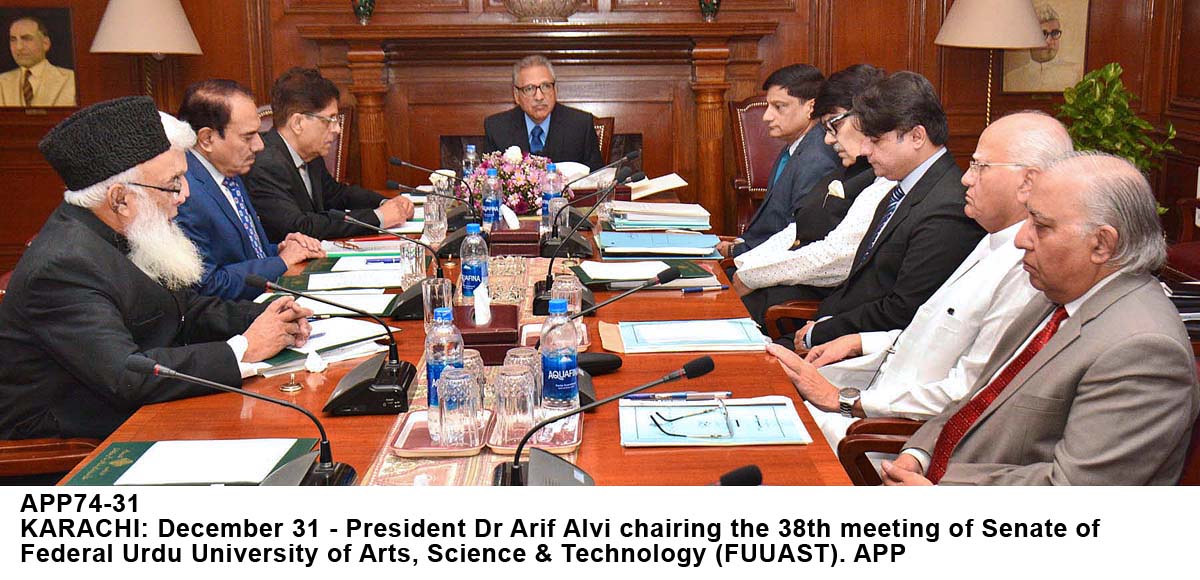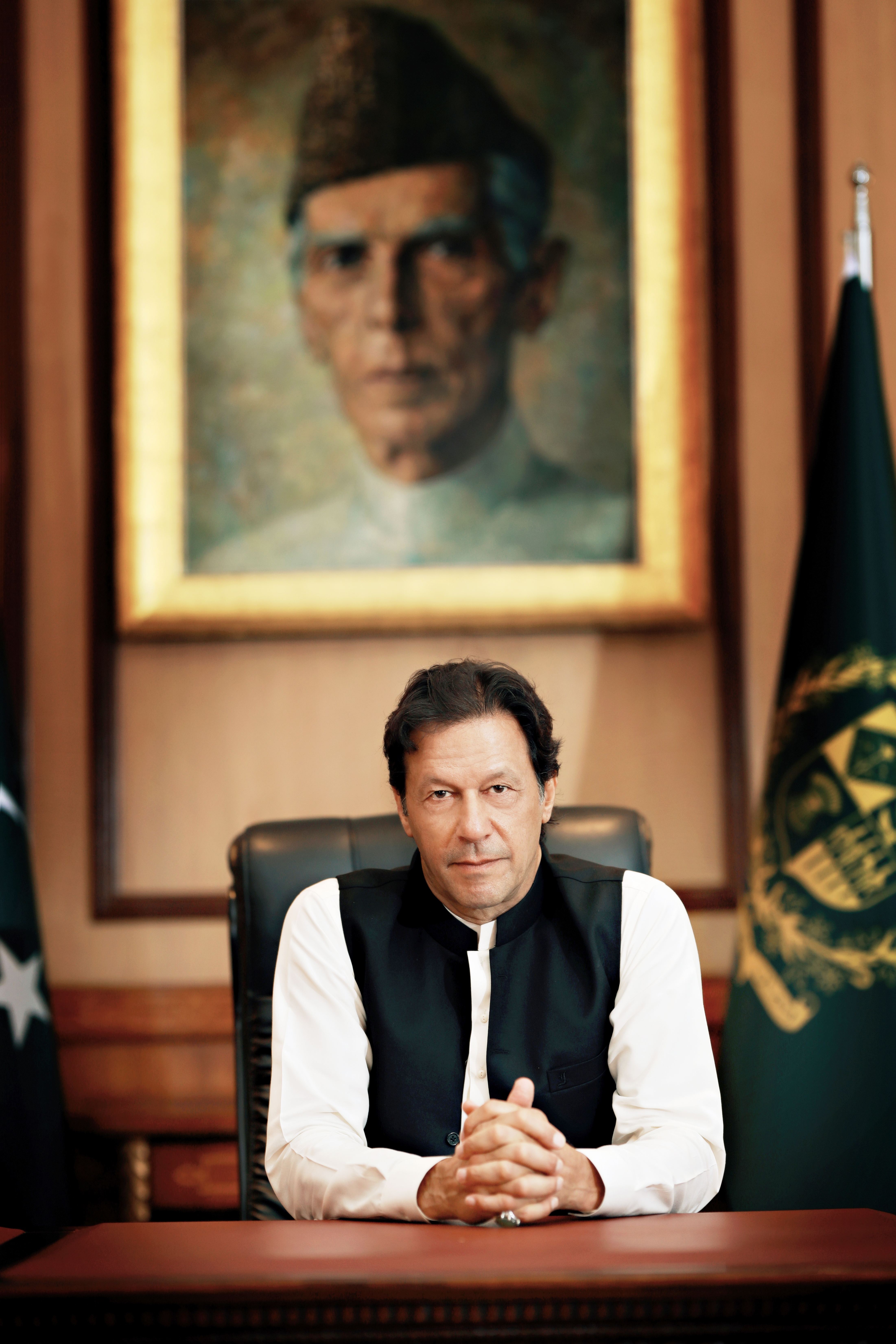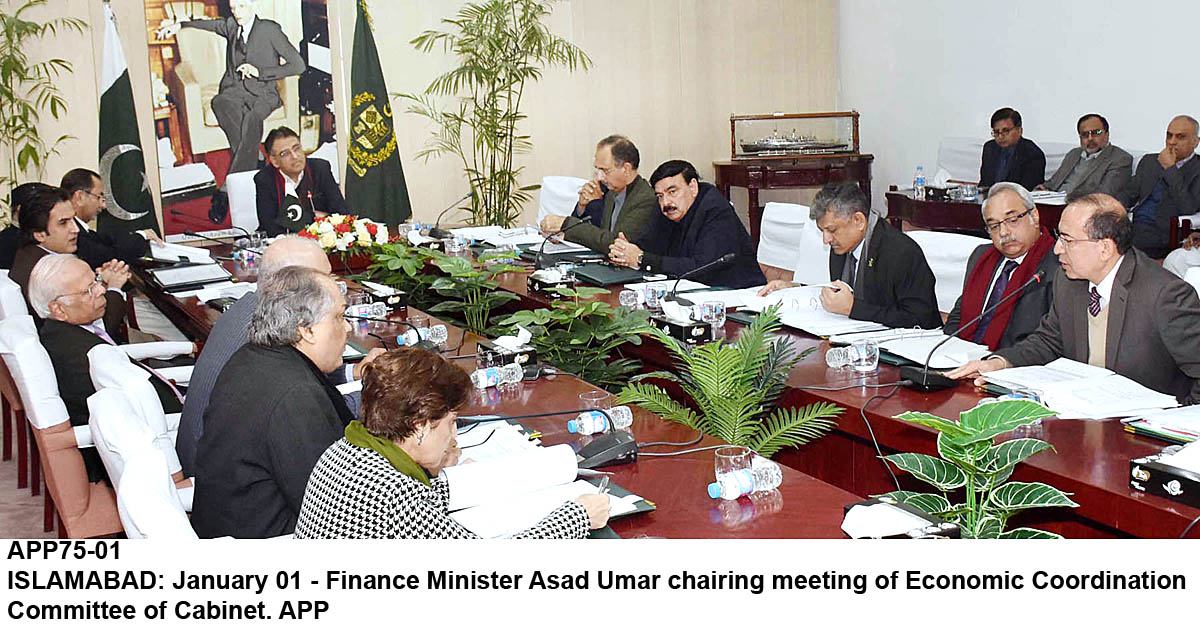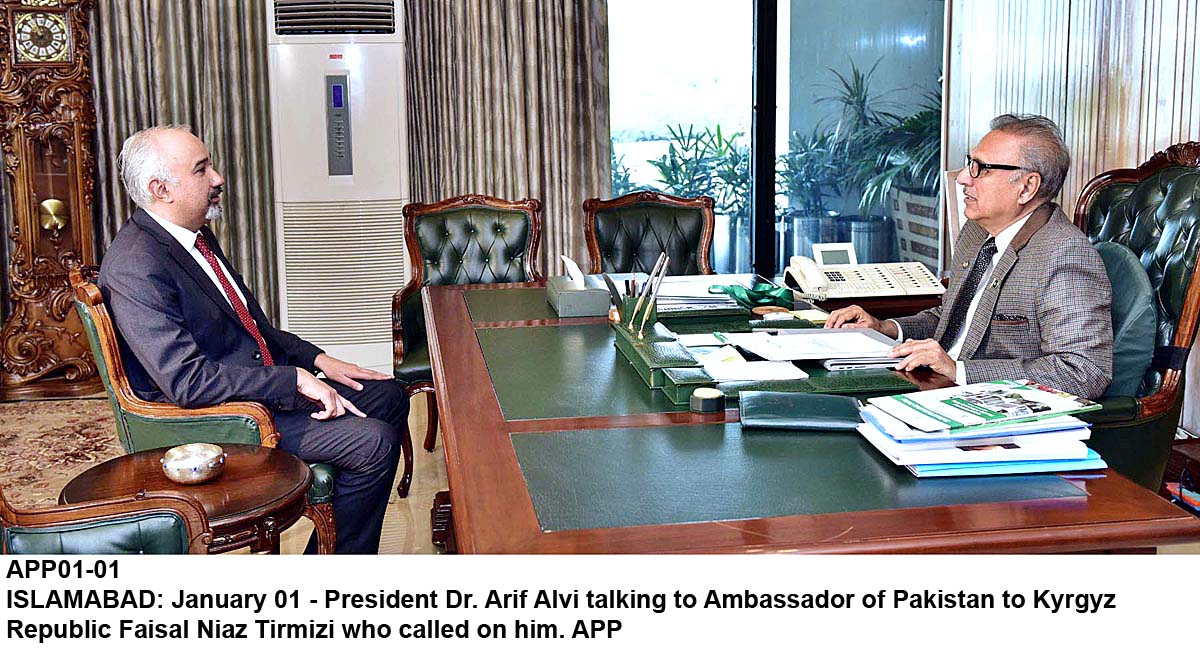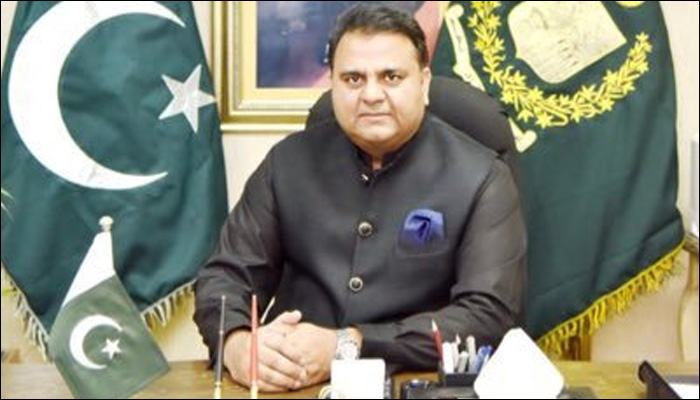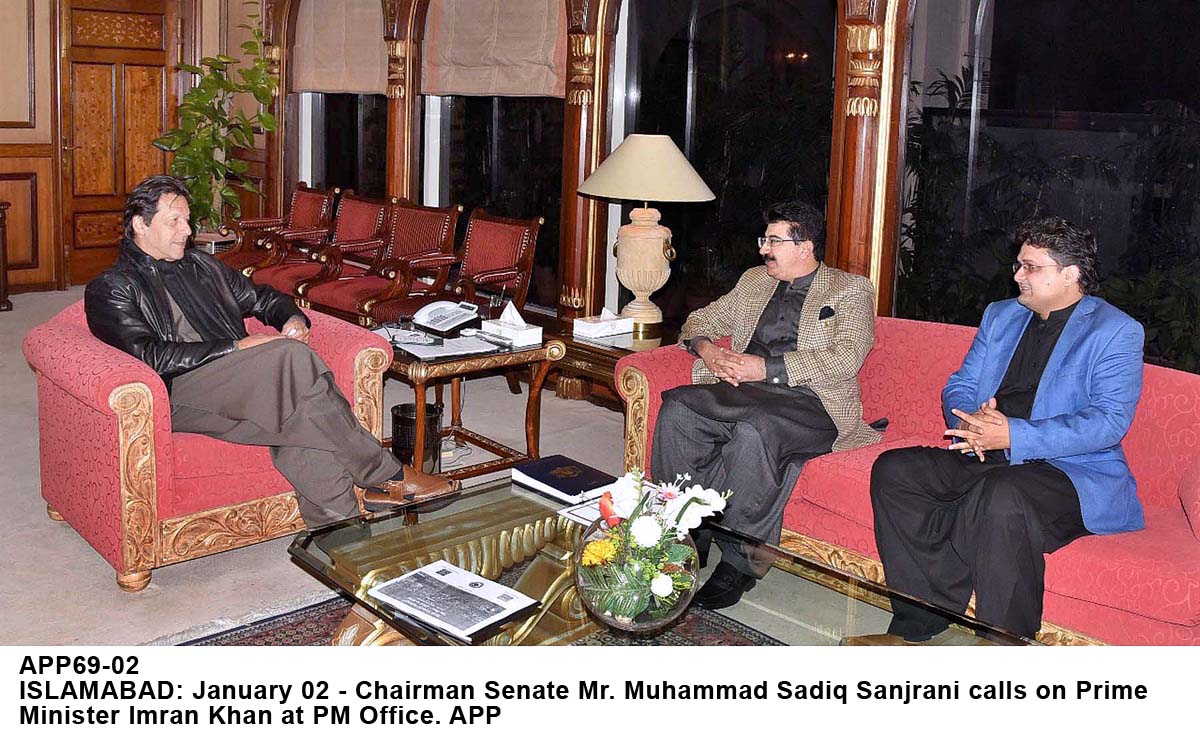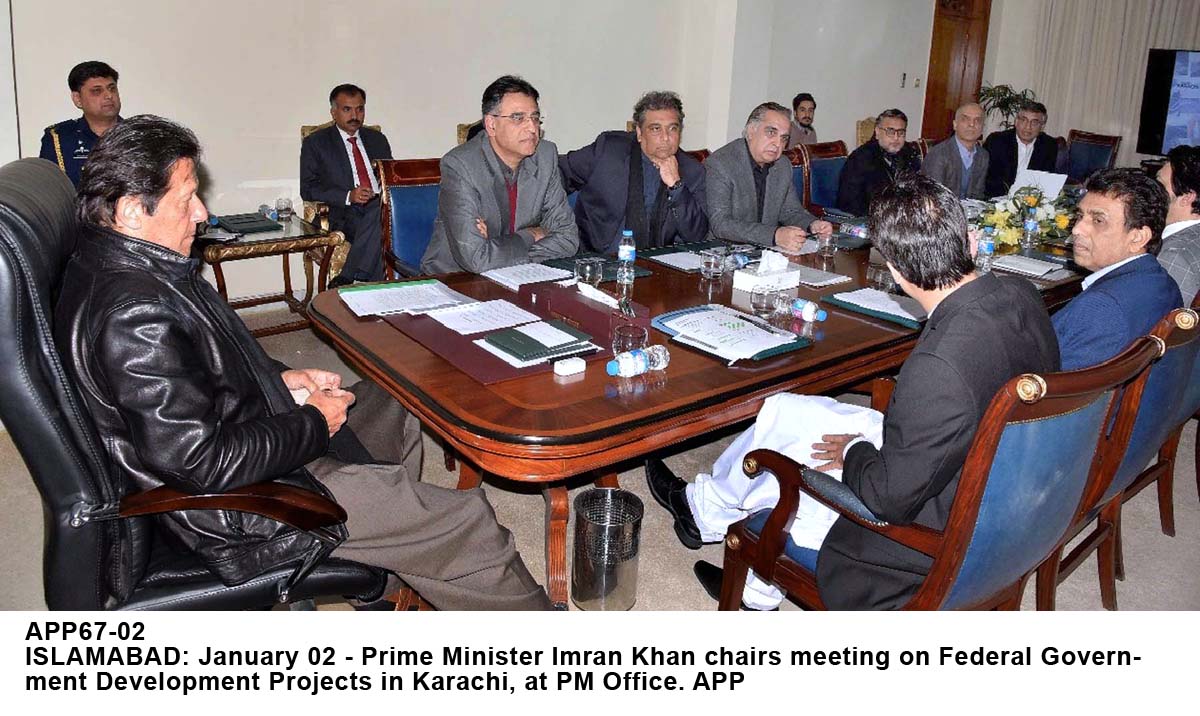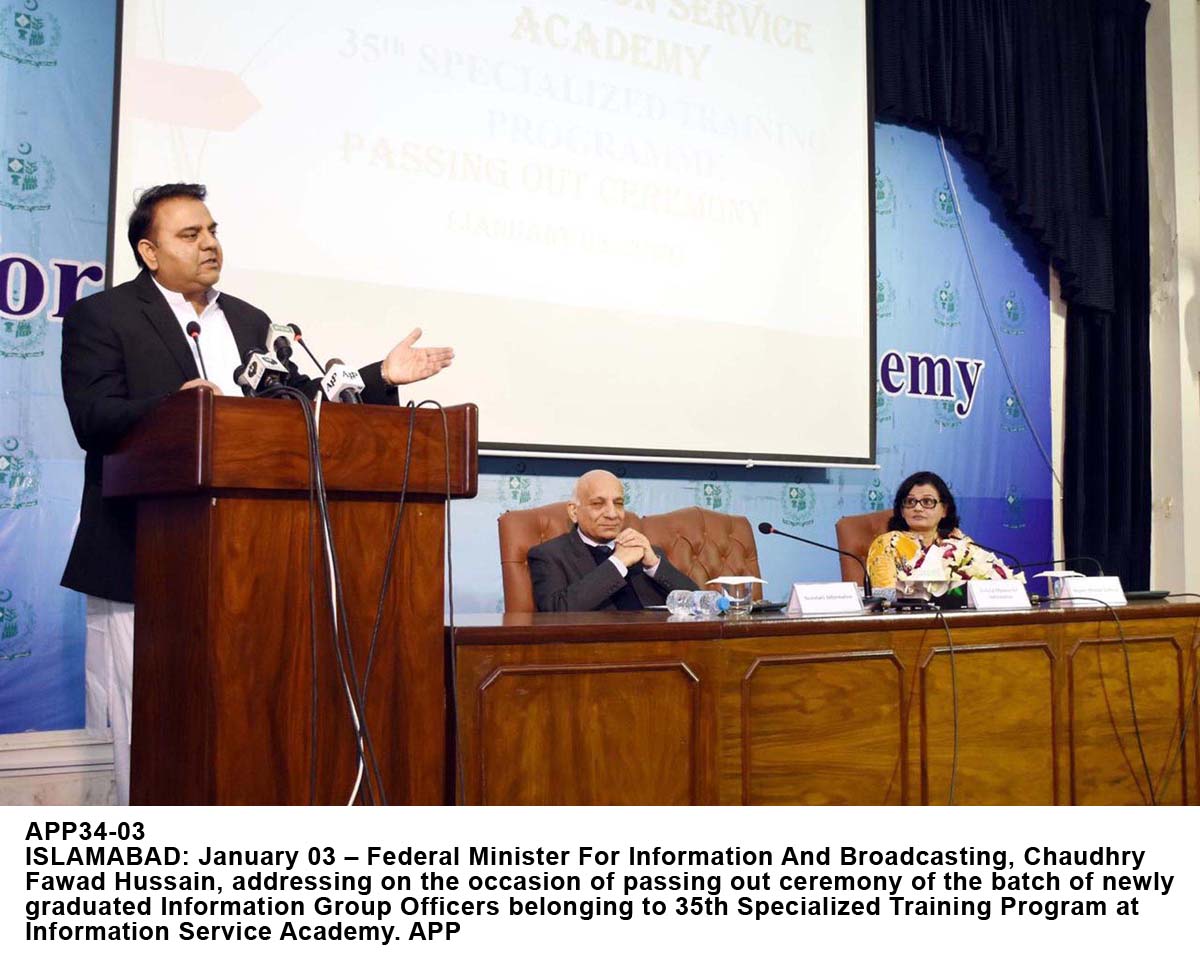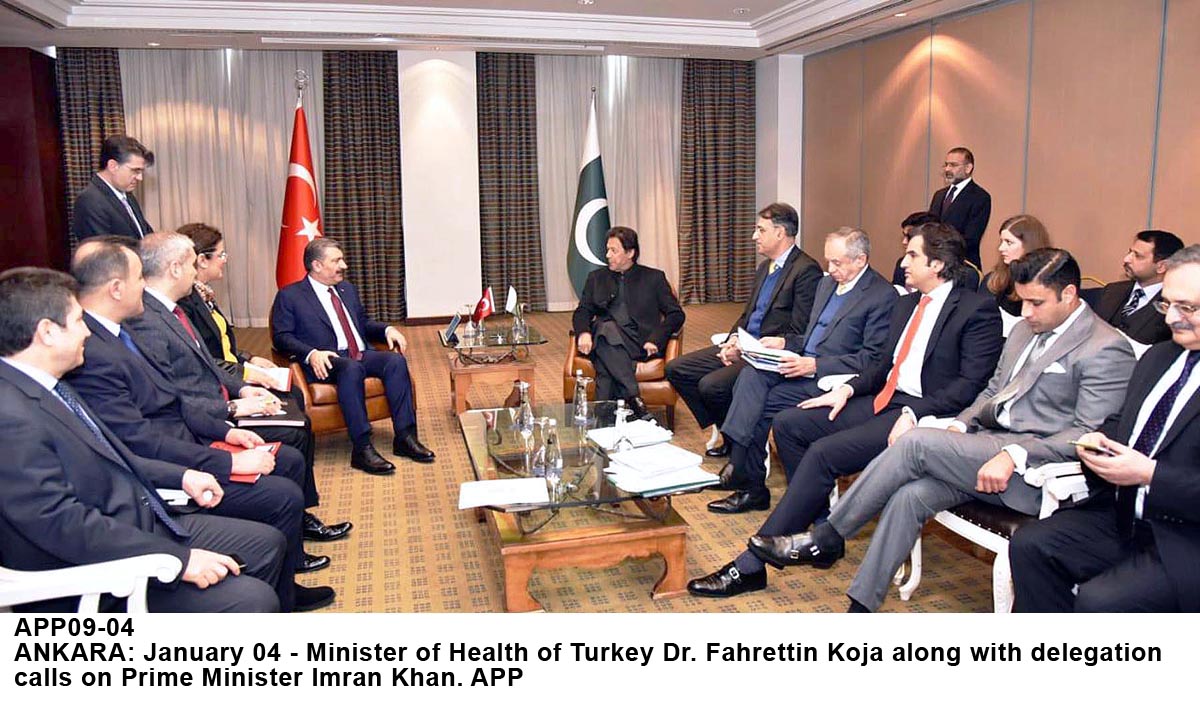Foreign Minister Makhdoom Shah Mahmood Qureshi on Sunday said the minorities in Pakistan were completely safe, with their worship places protected, while there was grave violation of their rights in India. The Pakistani government, he said, had formed a minorities’ commission with representation from all the minority religions and a Hindu citizen, Chela Ram Kewlani, as its head, while the Muslims in India could not offer prayers at the 400-year-old Babri Mosque, which was demolished by Hindu zealots. Talking to the media at the Saint Mary Church, the minister said he was proud to be present at the historical church that was built in 1848. All the worship places of minorities, including churches and temples, in Pakistan were being protected by the government, but it was not the case in India, he said.
He said setting up the minorities’ commission under the guidance of the Supreme Court of Pakistan was an expression of solidarity with all the minorities in the country. It would formulate recommendations about the minorities’ issues, which would be honoured by the government, he added. On the contrary, he said the India Supreme Court had remained silent over the desecration of Babri Mosque by the RSS and BJP extremists. “Now all the minorities, particularly the Muslims, were being targeted through the Citizens Act there. The BJP-RSS Hindutva ideology stood exposed before the world. Srinagar’s Jamia Mosque was locked and the Muslims were not allowed to offer prayers there. The worship places of Muslims were not safe in India.” Qureshi said all the minorities in Pakistan had made contributions towards the country’s development. He appreciated the Christian community for its role in promotion of education, health and other sectors. He also hailed the Hindus who preferred to stay in Pakistan despite having the choice to migrate to India. He said Prime Minister Imran Khan had opened the Kartarpur Corridor as a goodwill gesture to the Sikh community. The foreign minister said voices were now being raised by Nepal and Bangladesh against India’s hegemonic designs. Kathmandu was accusing New Delhi of occupying its land. Similarly, Pakistan was raising the issue of Indian atrocities in the Indian Occupied Jammu and Kashmir (IOJ&K) and China was fighting with India for its area.


